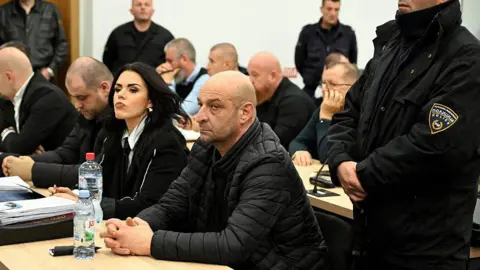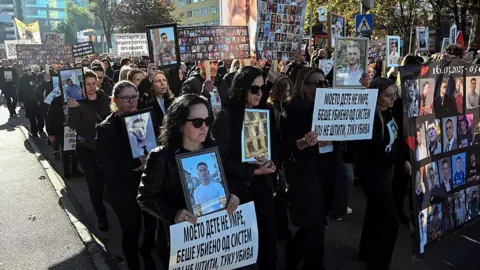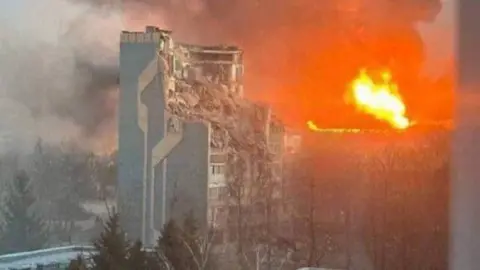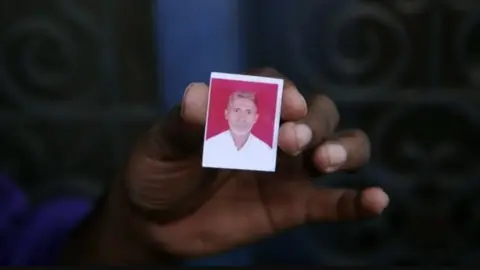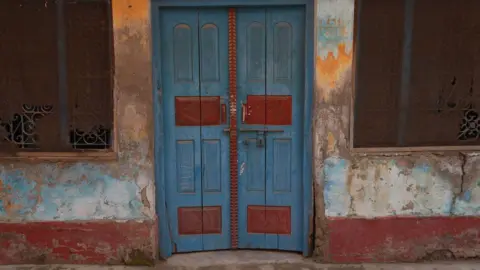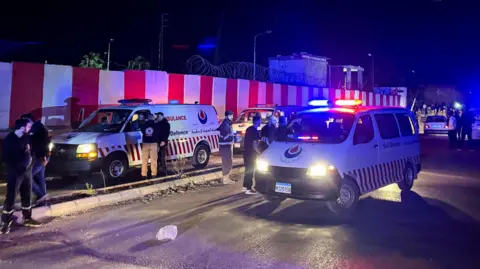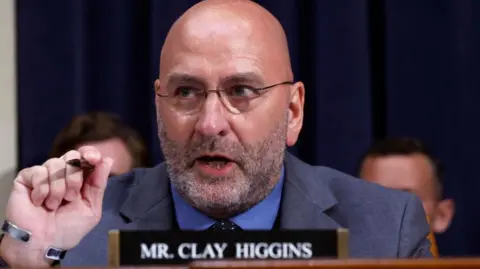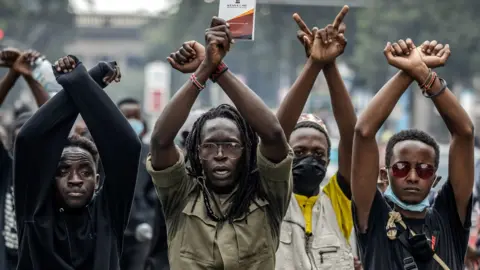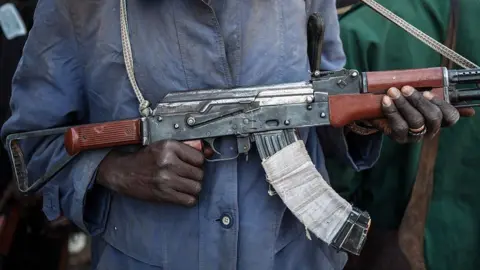Israeli strikes across Gaza kill 25 Palestinians, health ministry says

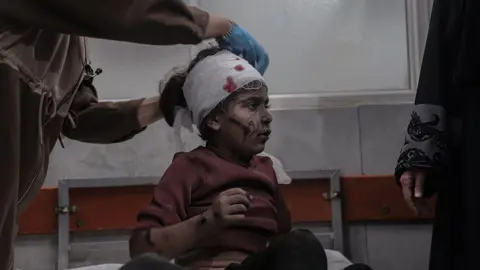 Anadolu via Getty Images
Anadolu via Getty ImagesAt least 25 Palestinians have been killed in Israeli strikes across the Gaza Strip, the Hamas-run health ministry has said.
Ten people, including a woman and a young girl, were killed when a ministry of religious endowments building in the eastern Zeitoun neighbourhood of Gaza City was hit, according to rescuers.
The Israeli military said it had struck "Hamas terrorist targets" after it said gunmen had opened fire towards an area where its soldiers were operating in the southern city of Khan Younis, in violation of the five-week-old ceasefire agreement.
There was no immediate comment from Hamas.
The flare-up of violence comes after the UN Security Council passed a resolution that endorsed US President Donald Trump's Gaza peace plan to end two years of devastating war.
Mahmoud Bassal, a spokesman for Gaza's Hamas-run Civil Defence agency, told the BBC that Israeli air, drone and artillery strikes hit several locations in Gaza City and Khan Younis shortly after sunset on Wednesday.
The attacks marked a sharp escalation after several days of relative calm, he said.
The Civil Defence reported that the strike in Zeitoun caused severe damage to the religious endowments ministry's building and surrounding structures, and posted a video showing its rescue workers appearing to find two people buried under rubble.
Photos published by the Anadolu news agency meanwhile showed the bodies of three young children reportedly recovered from the scene.
In a separate incident in Gaza City, one person was killed and several others were wounded when a drone struck a group of people at Shejaiya junction on Salah al-Din Street, Gaza's main north-south road, according to Mr Bassal.
He said another person was killed when a tank shell struck a house belonging to the Balboul family in Shejaiya's Mushtaha Street, which is also in eastern Gaza City.
In Khan Younis, three people were killed and a number were wounded in a strike on a group inside a sports club run by the UN agency for Palestinian refugees (Unrwa), he added.
In a statement, the Israel Defense Forces (IDF) said that "several terrorists opened fire toward the area where IDF soldiers are operating in Khan Younis" earlier on Wednesday.
"This action constitutes a violation of the ceasefire agreement. No IDF injuries were reported," it added. "In response, the IDF began striking Hamas terrorist targets across the Gaza Strip."
Israeli public broadcaster Kan cited a security source as saying the targets of the strikes were the commander of the Zeitoun Battalion of Hamas's military wing, the Izz al-Din al-Qassam Brigades, and the commander of its naval force.
On Monday, the UN Security Council passed a resolution that sought to shore up the fragile ceasefire, which took effect on 10 October.
Member states authorised the creation of a transitional governance body called the Board of Peace, which will be chaired by President Trump, and a temporary International Stabilisation Force (ISF), which will be tasked with ensuring "the process of demilitarizing the Gaza Strip".
Trump hailed the resolution as "a moment of true historic proportion".
A Hamas statement reiterated that the group would not give up its weapons without a Palestinian state, arguing its fight against Israel was legitimate "resistance".
Israel's ambassador to the UN stressed the importance of disarmament, saying that his country would "not stop or let up" until Hamas no longer presented "a threat".
The Israeli military launched an offensive in Gaza in response to the Hamas-led attack on southern Israel on 7 October 2023, in which about 1,200 people were killed and 251 others were taken hostage.
At least 69,500 people have been killed in Israeli attacks in Gaza since then, including 280 during the ceasefire, according to the territory's Hamas-run health ministry.
